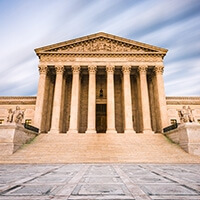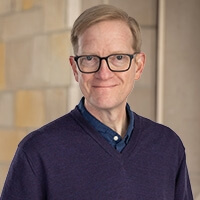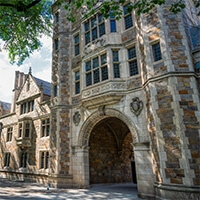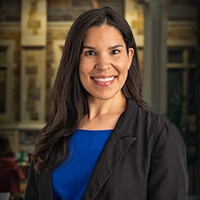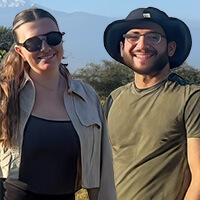The Executive Power Clause in US Constitutional History: A Case Study in Living Constitutionalism
Article II of the Constitution opens by vesting the “executive power” in the President of the United States. In recent decades, this clause has been interpreted by the U.S. executive branch and a cohort of influential originalist scholars to be an expansive grant all of power traditionally considered “executive” in nature in eighteenth century, excepting those executive powers granted separately by the Constitution to the president, Congress, or the president and Senate together (such as declaring war, receiving foreign ambassadors, making treaties, and the like).
What is “executive” is said to be defined primarily by reference to the royal prerogative powers held by the eighteenth-century British monarchy, as communicated to the American founding generation in the writings of Locke, Montesquieu, and Blackstone. The resulting account of the Executive Power Clause gives it significant policy-setting and implementation powers in war and foreign affairs which, so the executive branch and modern scholars contend, cannot be regulated or abridged by Congress.
This theory about a textually unspecified, residual grant of very broad, prerogative-defined “executive power” is best understood as a post-founding construction of the Constitution, rather than a plausible claim about original meaning. Not a single person—Federalist or Anti-Federalist—seems to have advanced this theory of the Executive Power Clause during the constitution-making process in 1787-88. The claim first appeared during the administration of President George Washington and was heard periodically throughout the nineteenth century, almost always coming from current or former executive officials. Few were so bold as to identify the alleged royal prerogative basis for the American president’s “executive power.” When that reading of the clause was hinted at, it was contested and even ridiculed.
This article is a historical, developmental account of when, why, and how the residual, royal prerogative claim about the Executive Power Clause moved from the fringes of US constitutional law into a commanding position today in the executive branch and among prominent originalist scholars.
Before the Executive Power Clause thesis was an originalist, text-and-enactment-history claim, it was expressed very differently in the first half of the twentieth century, an era of loose, functionalist, often atextual constitutionalism, which openly advocated updating the Constitution through interpretation to meet modern needs.
Current and former executive branch lawyers, often joined by political scientists and international lawyers whose modes of reasoning drew from European monarchical-parliamentary systems, sought to defend the legality of the enormously expanded presidential power brought by Progressivism, the New Deal, and the United States’ new overseas military and foreign policy commitments.
Over the twentieth century, these actors increasingly identified the Executive Power Clause as a potent wellspring of indefeasible presidential powers, though they only rarely tried to ground that constitutional claim in the history of 1787-88.
Originalism re-emerged as a leading method of constitutionalism in the later twentieth century, primarily on the right side of the political-ideological spectrum. Lawyers who served in the Ford, Reagan, and George H.W. Bush administrations were instrumental in originalism’s growth and success. Many of these same lawyers, either while in government or afterwards, took up the task of defending massively-increased presidential power with originalist theory. It was no longer satisfactory to be seen making largely atextual and ahistorical “living Constitution” claims about presidential power.
The result was today’s originalist thesis about the Executive Power Clause. But as this article shows, this theory is in fact living constitutionalism cloaked in originalism’s clothing.
About the Public Law Workshop
Michigan’s Public Law Workshop provides an opportunity for faculty and students from across the University to enjoy weekly presentations by leading scholars producing current work on topics ranging from constitutional law and administrative law to international law, statutory interpretation and beyond. Professors Julian Mortenson and Daniel Deacon organize the workshop. If you would like to receive workshop announcements, please contact Alex Wroble ([email protected]) and ask to have your name added to the workshop’s email list.

